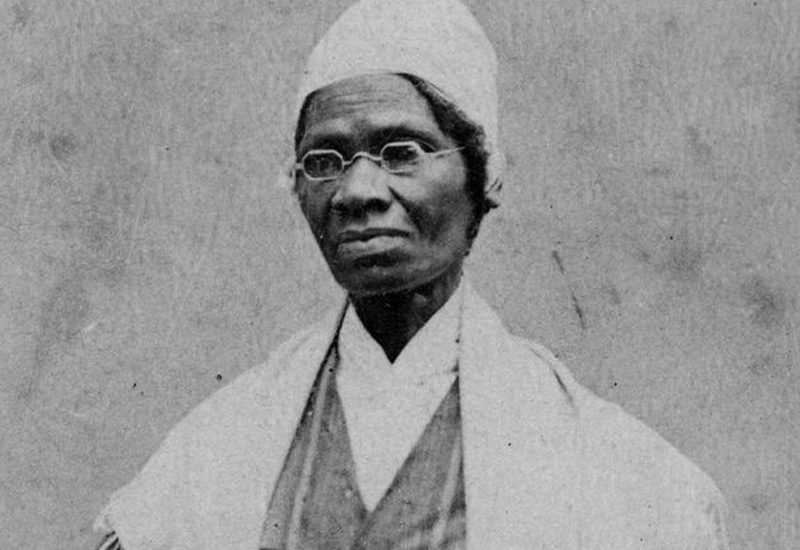
Born Isabella Baumfree in 1797, Sojourner Truth defied the limitations imposed by her time to emerge as a formidable force in the fight against slavery and for women’s rights in the United States. Her narrative is one of resilience, bravery, and an unyielding dedication to fairness, leaving an enduring imprint on American history.
Early Life and Escape from Slavery
Sojourner Truth was born in Swartekill, New York and entered the world as a slave under Dutch-speaking Ulster County colonists. Her upbringing was marred by the harsh realities of slavery, suffering both physical and emotional abuse from various masters. Despite these adversities, Truth cultivated a resilient spirit and an unshakable commitment to justice.
In 1826, seizing a moment of opportunity, Truth managed to break free from the bonds of slavery, fleeing with her infant daughter towards freedom. This pivotal juncture marked the genesis of her journey as an advocate for abolitionism and women’s rights.
Advocacy for Abolitionism
Following her emancipation, Sojourner Truth immersed herself in the abolitionist movement, fervently speaking out against the atrocities of slavery and tirelessly campaigning for its eradication. She traversed vast distances, delivering impassioned speeches that captivated audiences with their eloquence and sincerity.
Among her most renowned addresses was the iconic “Ain’t I a Woman?” speech, delivered at the Ohio Women’s Rights Convention in 1851. In this poignant oration, Truth challenged prevalent notions of gender and race, articulating a compelling argument for the equality of women while vehemently denouncing the stereotypes perpetuating discrimination against African American women.
Women’s Rights Activism
Sojourner Truth’s advocacy extended beyond the abolitionist cause, pioneering the struggle for women’s rights. She maintained that the quest for gender equality was inseparable from the broader pursuit of social justice.
Throughout her life, Truth waged an unwavering campaign for women’s suffrage, urging women to assert their rights and demand parity in all spheres of society. Her tireless efforts laid the groundwork for the burgeoning women’s rights movement that gained momentum in the ensuing decades.
Legacy and Impact
Sojourner Truth’s legacy extends far beyond her lifetime, shining as a symbol of courage, determination, and steadfast dedication to justice. Her unwavering advocacy serves as an eternal source of inspiration for countless activists committed to advancing equality and fostering social change.
In 1850, Truth penned her memoir, “The Narrative of Sojourner Truth,” offering a profound insight into her remarkable life and experiences. This memoir stands as a testament to her indomitable spirit and serves as a crucial historical document shedding light on the struggles endured by African American women in the 19th century.
Her contributions to the abolitionist and women’s rights movements have secured her a revered place in American history. Her impassioned advocacy for justice and equality serves as a guiding light for those striving towards a more equitable and just society.








